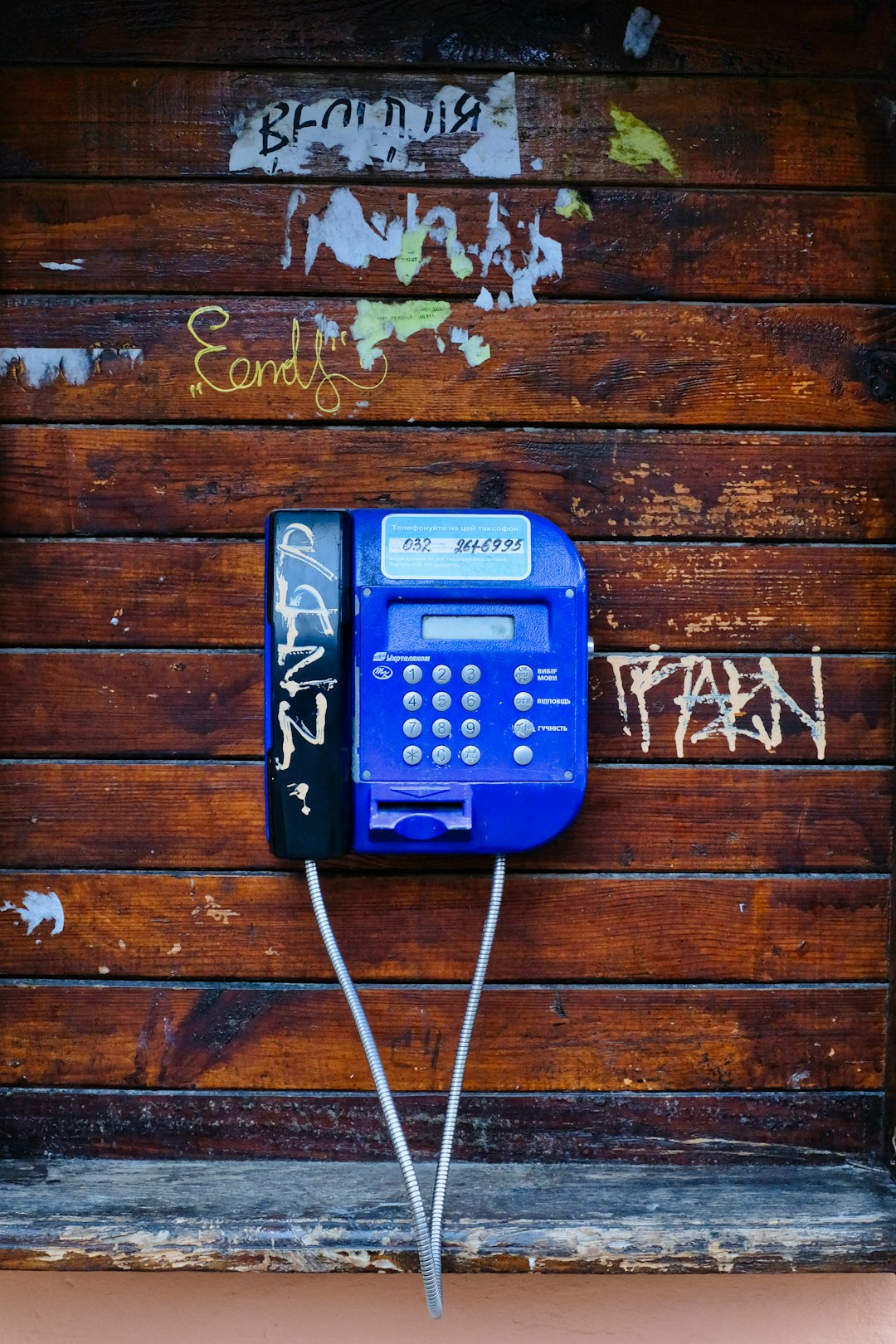West Virginia's Do Not Text Laws aim to reduce distracted driving by banning texting while driving, but an exemption for parked vehicles creates a safety dilemma. While this loophole allows legal text messaging while stopped, it doesn't eliminate risks associated with driver inattention. Advocates push for stricter laws, closing the loophole and enhancing penalties, as even parked drivers can pose hazards through impulsive actions or fatigue, compromising road safety for all.
In West Virginia, while state laws firmly regulate driving while texting, parked vehicles are exempt from these restrictions. This unique exception raises intriguing questions about driver safety and the effectiveness of do not text laws.
This article delves into West Virginia’s texting ban legislation, examining the rationale behind the parked vehicle exemption, its potential safety implications, and exploring the ongoing debate surrounding this policy. We also look ahead to possible future changes in light of evolving technological landscapes.
Understanding West Virginia's Texting Laws: An Overview

In West Virginia, the Do Not Text laws are designed to promote road safety by reducing distracted driving. While many states have comprehensive bans on texting while driving, West Virginia takes a different approach when it comes to parked vehicles. The state’s legislation explicitly exempts drivers from the restriction on sending or reading text messages while their vehicle is stationary and not moving. This means that as long as you’re pulled over and not actively driving, you’re free to engage in text messaging without fear of legal repercussions under West Virginia’s Do Not Text laws.
However, it’s important to note that this exemption does not extend to other forms of distracted driving. Drivers are still expected to exercise reasonable care and avoid activities that could distract them from safely operating their vehicles. The primary focus remains on ensuring the safety of all road users, with the Do Not Text laws serving as a crucial tool in achieving that goal.
The Exemption for Parked Vehicles: A Legal Perspective

In West Virginia, the Do Not Text While Driving laws are designed to promote road safety by reducing distracted driving. However, a notable exemption exists for parked vehicles. This legal perspective highlights a unique aspect of West Virginia’s legislation. The state’s laws explicitly state that texting while driving is prohibited, but they do not extend this ban to individuals who are lawfully parked.
This exemption means that a driver who has pulled over and completely stopped their vehicle can still engage in text messaging without facing legal repercussions. This loophole has sparked debates among legal experts and safety advocates, particularly as it pertains to the potential for distracted driving even when a vehicle is not in motion. The ongoing discussion revolves around balancing personal freedoms with public safety, especially considering that parked vehicles can still pose risks on the road, such as driver fatigue or impulsive actions while behind the wheel.
How Does This Impact Drivers' Safety?

The exemption of parked vehicles from West Virginia’s do-not-text laws presents a complex safety dilemma. On one hand, it allows drivers to engage in text messaging while their vehicles are stationary, which could potentially reduce the risk of accidents caused by distracted driving. However, this loophole still poses significant risks to public safety. Drivers who text while parked may still experience distractions, leading to slow reaction times or impulsive decisions that could cause harm to themselves or others when they eventually resume driving.
Moreover, while the law may exempt parked vehicles from direct bans, it doesn’t necessarily discourage drivers from engaging in dangerous behavior. Without explicit rules discouraging texting behind the wheel, even when not actively driving, drivers might still perceive it as an acceptable and risk-free habit. This perpetuates a culture of distracted driving, making roads less safe for everyone, regardless of vehicle movement status.
Exploring the Pros and Cons of This Legislation

While West Virginia’s law exempting parked vehicles from do not text laws may seem like a convenient exception, it raises debates about safety and responsibility. Proponents argue that this legislation provides relief for drivers who have safely pulled over and parked, allowing them to respond to urgent texts or calls without violating the law. This flexibility could encourage safer driving habits as it reduces pressure on drivers to engage in texting while behind the wheel.
On the other hand, critics point out potential risks associated with this exemption. It may send a message that texting while parked is acceptable, potentially leading to distracted behavior even when the vehicle isn’t in motion. Additionally, differentiating between parked and driving situations can be challenging, as some drivers might misuse the loophole, increasing the risk of accidents caused by driver distraction.
Future Implications and Possible Changes in West Virginia Law

While the current law in West Virginia exempts parked vehicles from do not text laws, this could change in the future as public safety advocates push for broader restrictions. The state’s unique exemption has sparked debate among legal experts and safety organizations who argue that texting while driving, or even parking, can still pose significant risks to road safety. They believe that updating the law to align with national standards could help prevent accidents caused by distracted drivers.
Possible future changes might involve closing the loophole for parked vehicles, implementing stricter penalties for violating do not text laws, or introducing educational campaigns to raise awareness about the dangers of texting while driving. As technology advances and our understanding of distraction evolves, West Virginia’s legal framework may adapt to better address the challenges posed by distracted driving.






